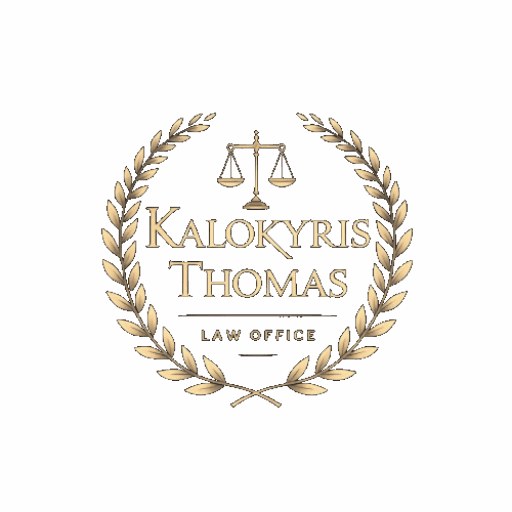What does Right mean and what does Left mean?
These concepts dominate political life, they separate opinions, policies and their representatives. But how many of us actually know what they represent today?
The terms first appeared in the French Revolution to separate those who opposed the Monarchy (leftists) and those who supported the old regime (rightists) because of their position in the General Assembly. Historically the terms were used to separate the dominant ideologies of the time, such as communism from capitalism, socialism, fascism, anarchism. In each society the terms were adjusted to separate even social classes, such as proletariat from capital, workers from employers.
Today, after the full ascendancy of capitalism, these notions are obsolete, as ideologies have intermingled to such an extent that absolute separation is considered politically naive, and social classes can no longer be easily distinguished even on the basis of income, nor based on occupation. Education today is more important than the name and business is no longer the business of the defenders of capitalism alone. Only wealth remains the concern of the few and is usually passed down within the members of a family or a small financial elite.
Nevertheless, we continue to use the term "right-wing" to describe the conservative politician who wishes to protect customs and traditions and is protective of the nation's religion and ideology. Conversely, a "leftist" is the progressive politician who wishes to promote secularism and protect society from the side effects of nationalism and capitalism.
We notice, however, that a "right-wing" politician might look more favorably on state entrepreneurship or, on the contrary, condemn interventions in the private economy. A "leftist" politician again might wish to intervene in the private economy to normalize its class structure or, conversely, condemn state interventions in favor of business. The "right-wing" politician may wish for more and better government health and education, just as the "left-wing" one, and the next moment jointly call for greater private initiative. State control of the means of production is today supported by left and right politicians alike. Ideology, therefore, "more" or "less" state is not a safe criterion for the separation of political directions.
The "left" politician may wish for more democracy. But so is the "right". The latter may ask for more autonomy of local communities, less concentration of power, diffusion of responsibilities. But so does the "left". The "right-wing" politician may support nationalism, symbols and parades. The "left" politician may not support strong manifestations of nationalism, but he is likely to feel just as attached to his nation.
We will find the same similarities in many social and economic matters. The increase in employment, the development of the primary sector, the consolidation of the banking system, the protection of territorial integrity, the strengthening of health and education, the protection of individual rights are more or less common goals in the political agenda of the "right" and of the "left".
It seems that the modern capitalist system of liberal democracy has suppressed the sharp differences between the various political groups, so that their separation based on political direction is considered obsolete and stereotyped. It seems that this system has been imposed - fortunately or unfortunately - as the ideal system of economic and political governance, which if undone will catalyze all the structures of modern society. However, it is also the most flexible system in terms of adjustments, improvements, modifications and progress. At least until the dawn of the 21stu century.
But how should we separate political life?
How will the "left" or "right" citizen decide which politician to support and which policy to adopt?
The question is more complex than in the past and requires the citizen to perceive the difference no longer between political goals, but between political programs. In other words, we all have more or less the same goals. Economic development, education, peace, democracy, pluralism, justice. Nice. The crucial question is this:
How will we achieve all this?
When we stop wearing the antiquated glasses of political directions, we will be able to see the essence. Modern politicians should no longer argue with outdated ideologies and artificial political differences. The time has come in front of the common goals, which we set as a society, to disagree only on the essence, on the way to succeed.
In other words, it's time to look at political agendas without bias. The proposed ways to achieve our common state goals. Plans, alternatives, initiatives, means and how to manage critical issues.
There are no more "left" and "right" citizens. Citizens only. Pure citizens. The time has come to look together only at governance plans and proposed solutions. It is time for our democracy to get rid of stereotypes and focus on the one and only demand within the modern capitalist liberal and unique system of government:
In what ways can we make the lives of our citizens better?
Thomas Kalokiris
Counsel for the Appellant
Min. Doctor of Law, AUTH




